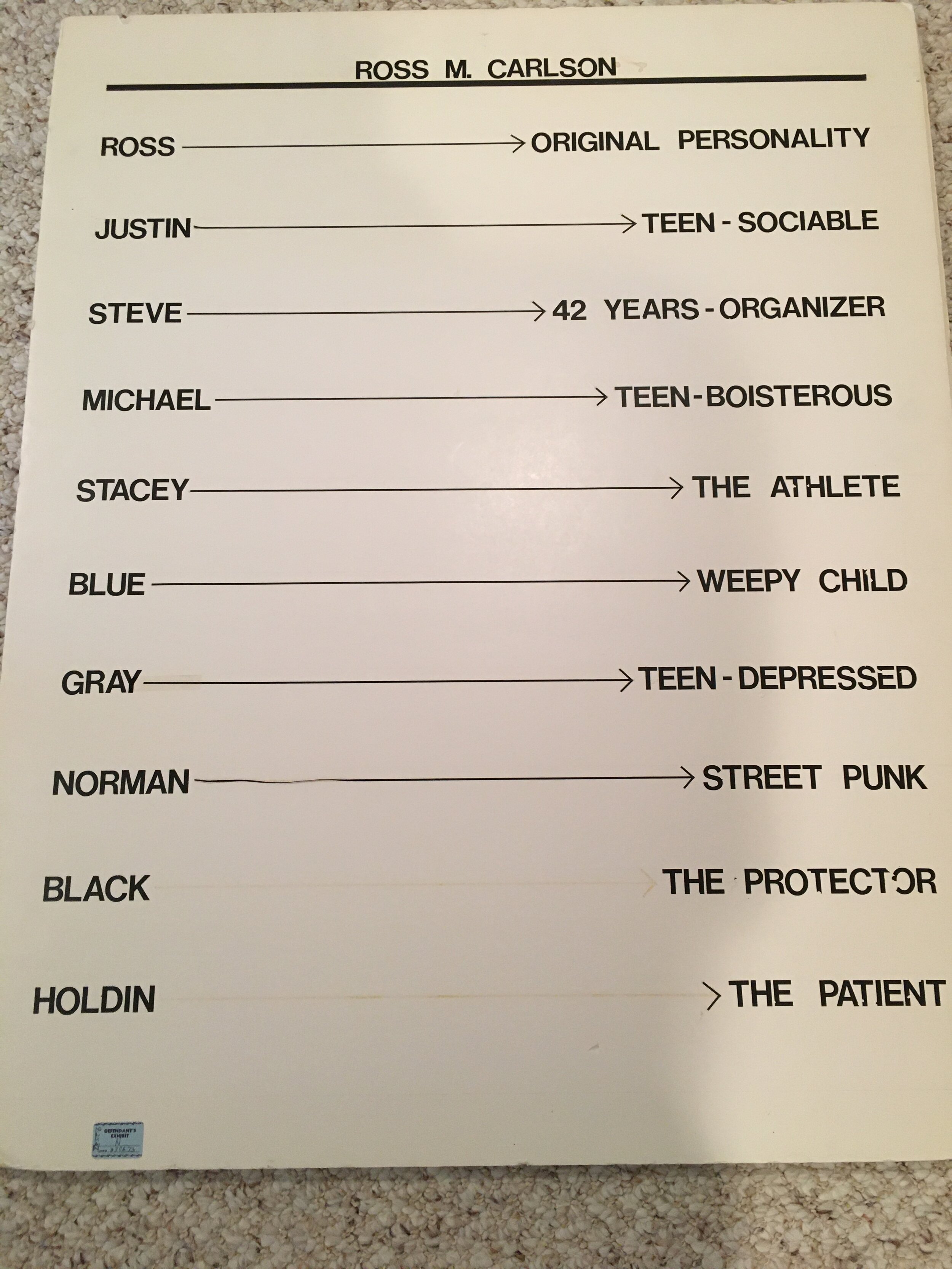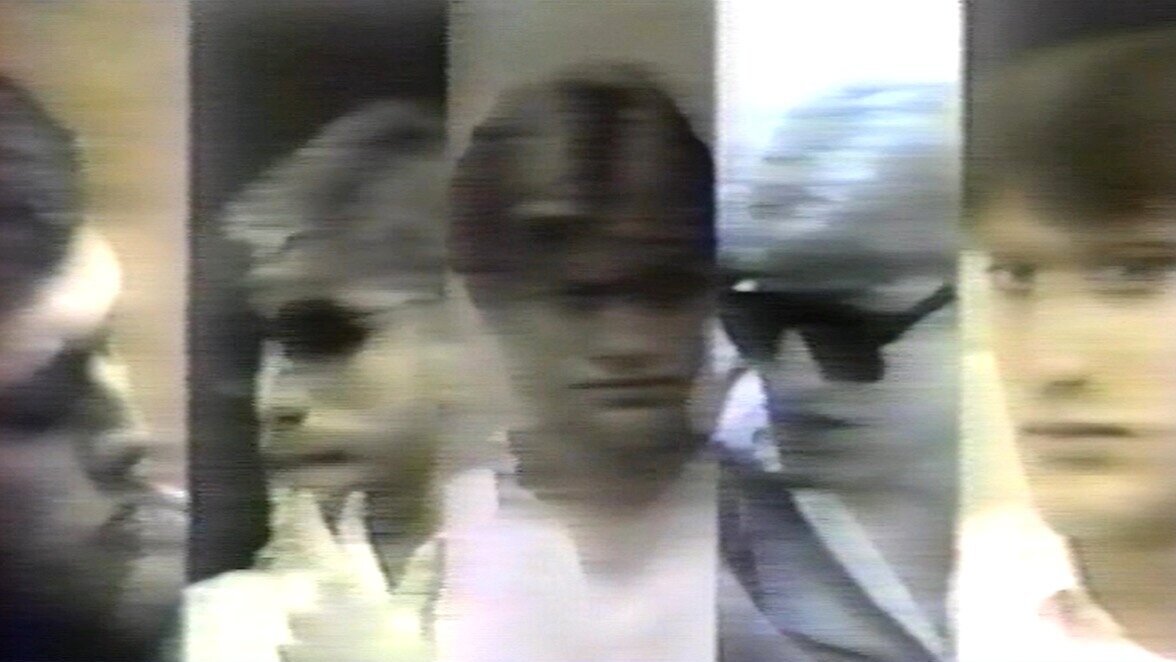About the Book
A 19-year-old accused of killing his parents is diagnosed with an unusual psychiatric disorder and spends a torturous six years in the Colorado judicial and mental health systems before his case experiences an unexpected end.
““This book is a poignant forensic case study of a young man accused of murdering his parents. Through the eyes of the criminal defense attorney, we learn much about the enduring emotional damages from the horrid abuse, the unmentionable cruelties and suffering inflicted, and emotionally barren and loveless childhoods endured by the youngest of children.””
Read the first few pages of Just in the Nick of Time:
While holding a yellow legal pad in his right hand, The Honorable Robert T. Kingsley emerged from the courtroom’s rear door after the luncheon break, signaling the resumption of the day’s hearing. “All rise,” the bailiff instructed. Not one for much formality, the judge quickly told everyone to please be seated, as he climbed the few steps to the bench. The lanky jurist dropped his notepad on his desk, took his seat, and poured himself a glass of water. He looked at his court reporter and asked her if she was ready; she replied that she was. The reporters and courtroom artists who had laid claim to the first two rows of the courtroom, sat poised with their spiral notepads and sketch books. A handful of Ross’s friends, a few executives from the hospital, and a number of curious residents of Castle Rock sat scattered throughout the balance of the courtroom’s half-dozen rows. Walter waited eagerly for the judge’s invitation for the DA to begin his closing argument; Walter would follow for the defense.
If history were any indicator, His Honor would probably take a brief recess after the closings, revise or add to any findings he had already sketched out, and then return to announce his ruling. The pool television cameraman readied in the back corner of the courtroom. When Walter and I entered the courthouse after the lunch break, we had already seen the TV stations’ news trucks revved up in anticipation of the afternoon’s live feed. If the reporters had their way, the judge would quicken the pace so the hearing’s results could make the afternoon’s first news telecast at 4:00. That was doable. Walter’s closing, which he and I fine-tuned both before the hearing began that day and then during the noon break, would probably take 30 to 40 minutes, and DA Bob Chappell would probably take about the same time. Would Ross be returned to the state hospital, or would his two counts of first-degree murder finally move forward after the case’s protracted delay? Chappell would press for the latter, arguing that the State had shown Ross was now capable of standing trial. Chappell was hoping that this third time would be a charm. Walter would emphasize that Ross’s outlandish behavior and the hospital’s antipathy toward treatment and skepticism about the diagnosis had not changed since our last competency hearing more than two years ago. Judge Kingsley leaned forward in his chair, clasped his hands in front of him, as was his custom, and began speaking.
“I don’t intend to slight any attorney,” Judge Kingsley said respectfully to a quiet audience. “However, in my opinion, it will not serve any purpose to have closing arguments.”
I continued looking straight ahead at the judge while seeing from the corner of my eye Walter pushing aside the pages of his closing statement. After working with Walter for nearly two decades and on this case alone for six years, each of us knew the other would be surprised at Kingsley’s election to forego closing arguments. During the time of the judge’s presiding over the protracted competency aspect of one of Colorado’s most unusual murder cases, he had always welcomed closing arguments after our numerous hearings. To abandon that protocol now, especially after this particular hearing that had lasted more than two weeks, was unprecedented. I had an uneasy feeling. I wrote the word “Order” in the middle of the first line of my legal pad. Ross, who was seated to my left, didn’t flinch at the judge’s opening comments.
“Things have changed since my ruling of October 1987,” Judge Kingsley explained. “The most significant event being Dr. Orne’s interview of Mr. Carlson. That was when Mr. Carlson rocked backed and forth in his chair for nearly 45 minutes without uttering a word while Dr. Orne tried to engage him in conversation in order to conduct his examination. I had never seen anything like that before in all my years on the bench. However, after Dr. Orne concluded the interview and Mr. Carlson returned to his ward, he immediately called his attorney and spoke to him for almost 30 minutes.”
I wrote in the left margin, “Kingsley has mixed up two different sessions; didn’t pay attention to how bizarre that call was.” The judge continued to speak for at least another ten minutes, but once it became clear where the judge was headed, I put down my pen. The five-year interruption of Ross’s murder case had come to an end today, November 2, 1989. Now, we would begin the Herculean fight to keep Ross out of prison for the rest of his life.
After providing the press with sound bites of our disappointment in the judge’s ruling but nevertheless expressing optimism about the next phase of our court battle, Walter and I left the Castle Rock courthouse for our return trip to Denver. During the 40-mile drive, we mapped out our next legal strategy for the sanity phase of the case; that trial date would be set before Judge Turelli. After arriving at my office and unloading my oversized brief case and returning the two large expandable witness folders to the “Carlson Competency” shelves of my bookcase, I leaned back in my chair and looked out the window. Across the street, the City of Glendale softball field was active with an after-school pickup game. The recently completed World Series sweep of the Oakland A’s over the San Francisco Giants, dubbed the “Earthquake Series,” was obviously still fresh in the minds of baseball’s diehards. A few blocks further to the west, late afternoon traffic streamed north and south along Colorado Boulevard. The snow-packed Rockies rippled along the horizon, and the Denver metro’s chinook winds blew away the area’s smog, affording me a vivid view of the mountains’ postcard scene. I was about to organize a “things to do” list for the preparation of Ross’s sanity case until my mind diverted. I began thinking about the events of the last six years.
© 2021, David B. Savitz, All Rights Reserved.



